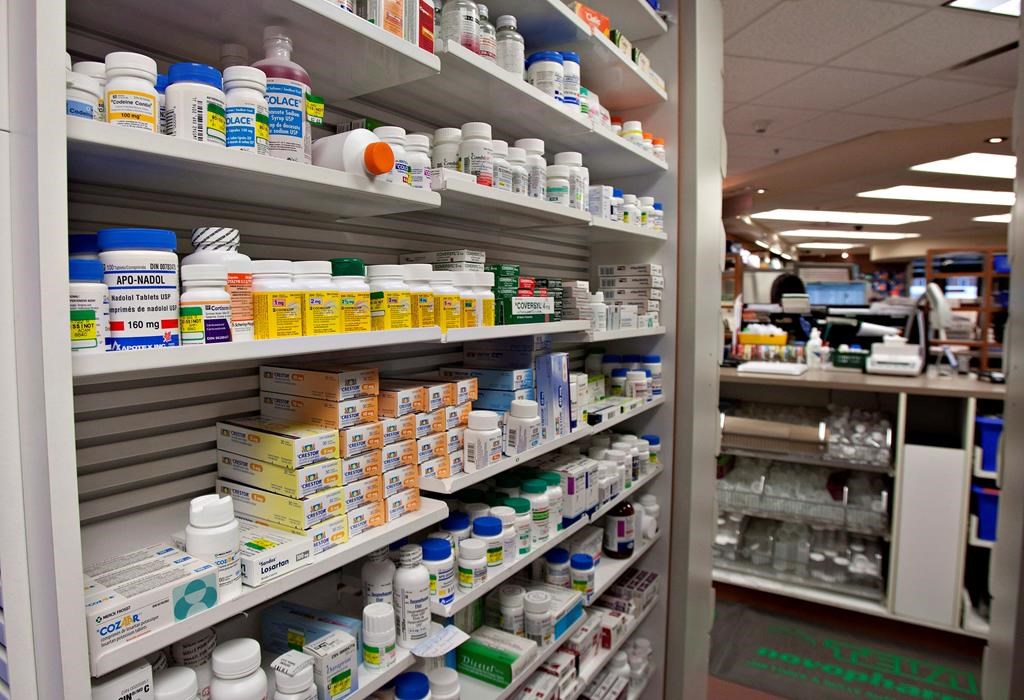I can’t be the only one noticing a trend among Canadian conservatives who tend to deny the value of public initiatives until an issue impacts them directly.

Not seeing irrefutable evidence of climate change in your own backyard? No need for an ambitious national strategy! Don’t (think you) have an LGBTQ2S kid in your family? Get rid of those Gay/Straight Alliances! Pretty sure your loved ones would never use drugs, let alone overdose? Close down those supervised consumption services! Haven’t lost a loved one to gun violence? Shut up about gun control already!
Conceptually, “I don’t personally need this, so it’s automatically a bad idea” doesn’t really fly in a healthy society. We don’t give adults without kids a pass on funding education, nor do we absolve cyclists and pedestrians from their involvement in funding ring roads and highways.
The fact is, we expect certain safety nets in a country like Canada.
You didn’t hear a lot about Employment Insurance in Alberta when oil was US$120 a barrel. A high school diploma was all you needed to rake in $150,000 a year. If you needed a job, you took your pick from overheated listings and got right to work. That is, until there were fewer and fewer jobs to be had. Talk to the thousands of families that are currently keeping their lights on thanks to EI, and you won’t find many that’ll suggest Canadians should go it on their own.
READ MORE: What you need to know about pharmacare this election
We don’t yet know the specific details around what national pharmacare would look like in Canada. The Liberals announced their commitment to the idea somewhat hastily, in what was quite likely an attempt to distract voters as Justin Trudeau’s blackface controversy erupted. All we know is, they’re open to the idea.
The NDP has long argued for pharmacare, and the Greens are on board too, but Canadians have no idea how either party would put plans into practice, let alone what it would cost (the Greens ballpark pharmacare at around $27 billion a year).
I’m not without concern when it comes to the efficiency of a massive undertaking like national pharmacare. We spend more on health care in my home province of Alberta than any other jurisdiction in Canada, and a ground swell suggests citizens believe we can tighten our belts. Later this month, we’ll see Premier Jason Kenney’s first budget, which promises to be a tough one. Chances are, the United Conservatives will make their biggest cuts in health, the same portfolio Ralph Klein targeted in his quest to balance Alberta’s books in the 1990s.

But, there are “conservative” arguments to be made in favour of pharmacare.
Never mind the fact that nearly 90 per cent of respondents to a recent survey indicated support for a national, government-run pharmacare program. Never mind the fact that close to 20 per cent of our fellow Canadians struggle to cover the cost of (sometimes vital) prescription meds. An intuitive, efficient, national program could actually save Canadians money.
Per a recent Global News report, we’re paying some of the highest drug costs in the world. An intuitive national program would change the game, allowing government to better negotiate pricing, and influence bottom lines.
It makes zero sense to fund a health care system as robust (and celebrated) as Canada’s, yet deny a significant portion of the population access to medicine. What’s a better idea budget-wise: providing prescriptions for Canadians without coverage/means to pay, or forcing those people to live without their meds until they’re admitted to the ER, launching a lengthy stay in hospital?
It seems tacky to talk budget and bottom lines when it comes to life and death, but if that’s what we’ve got to do for the message to resonate, so be it.
If you’ve got medical insurance, work benefits, or piles of cash to cover whatever you need to stay healthy, consider yourself blessed. Remember, all of that can change in an instant. If it ever does, thank your lucky stars you live in Canada, where we look after one another, no matter what.
Ryan Jespersen is host of The Ryan Jespersen Show on Edmonton’s Global News Radio 630 CHED.









Comments